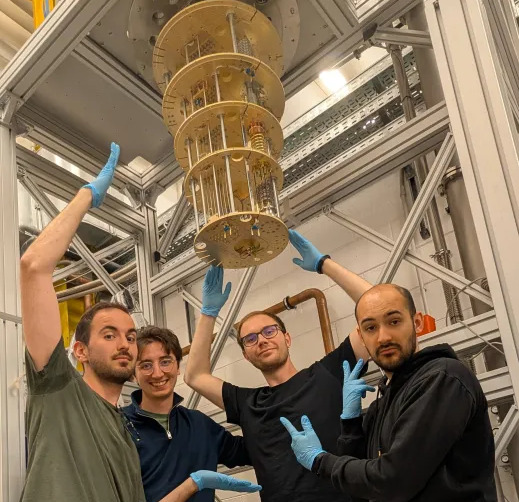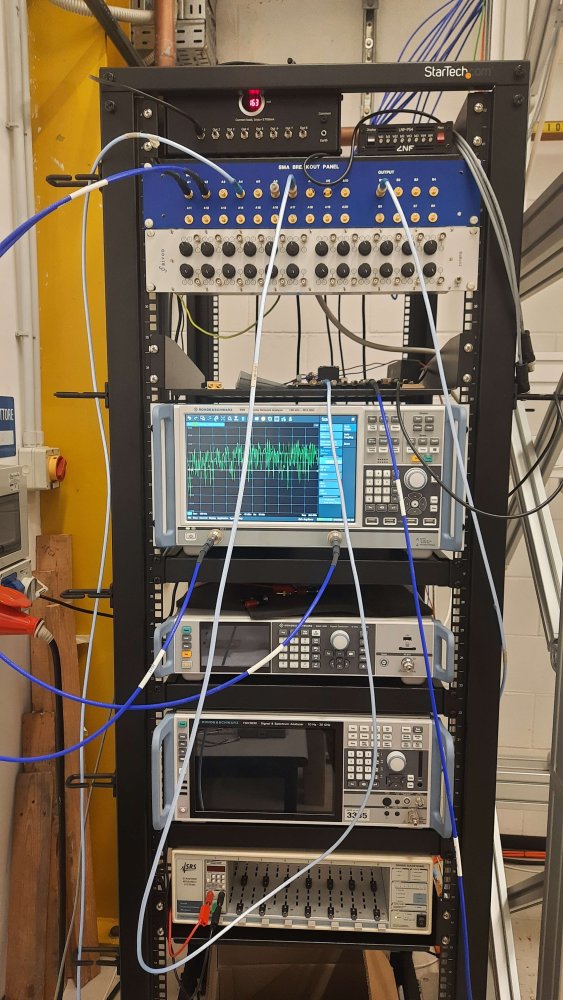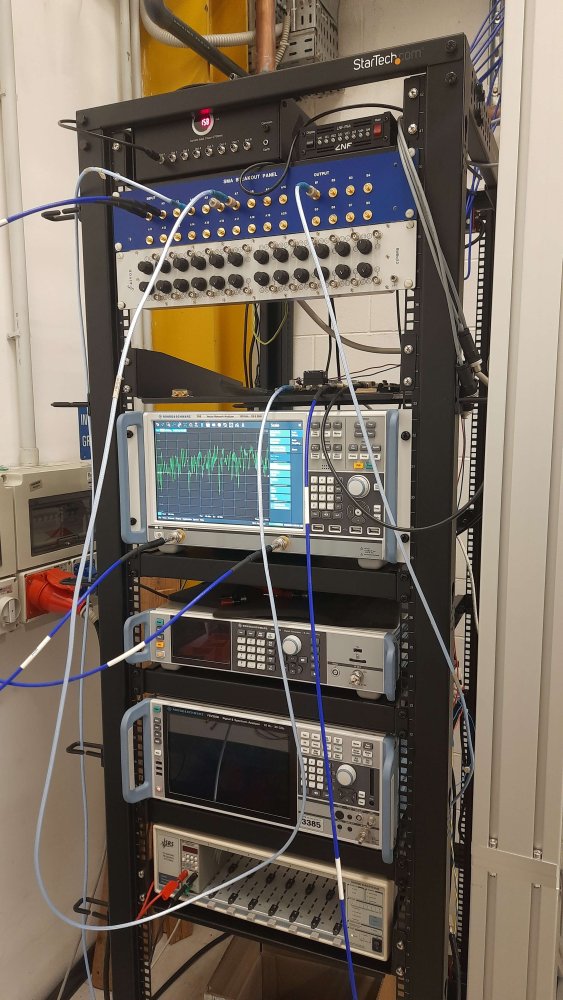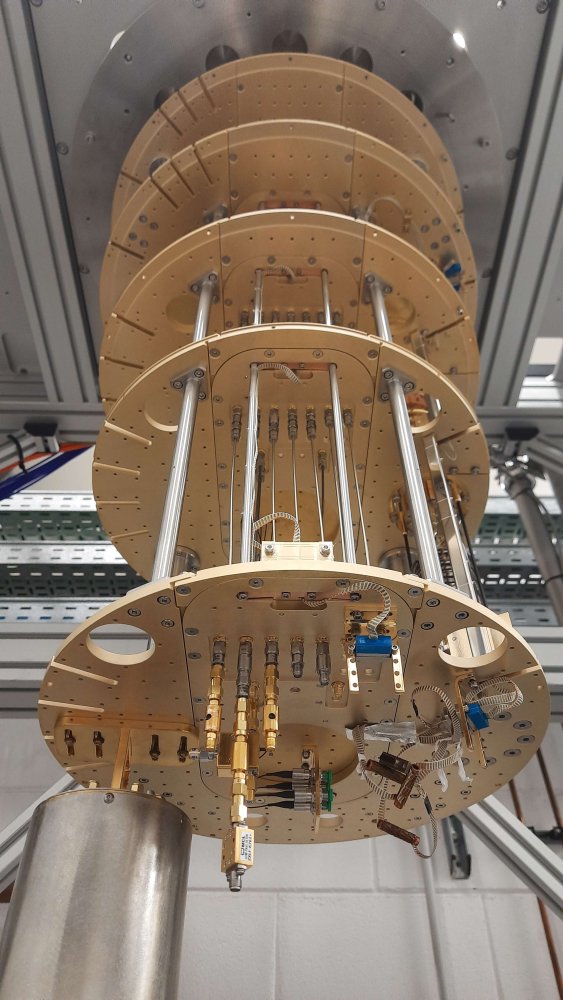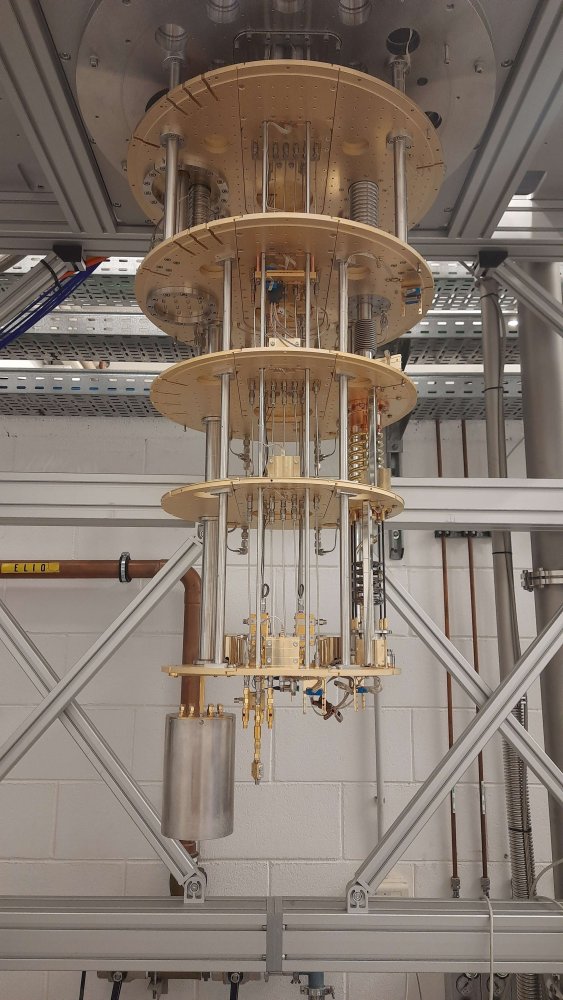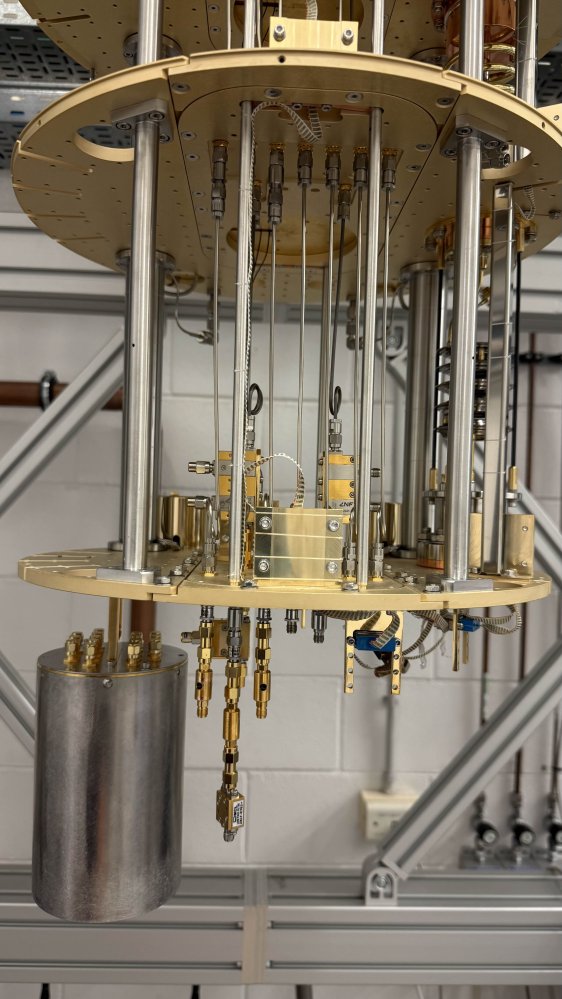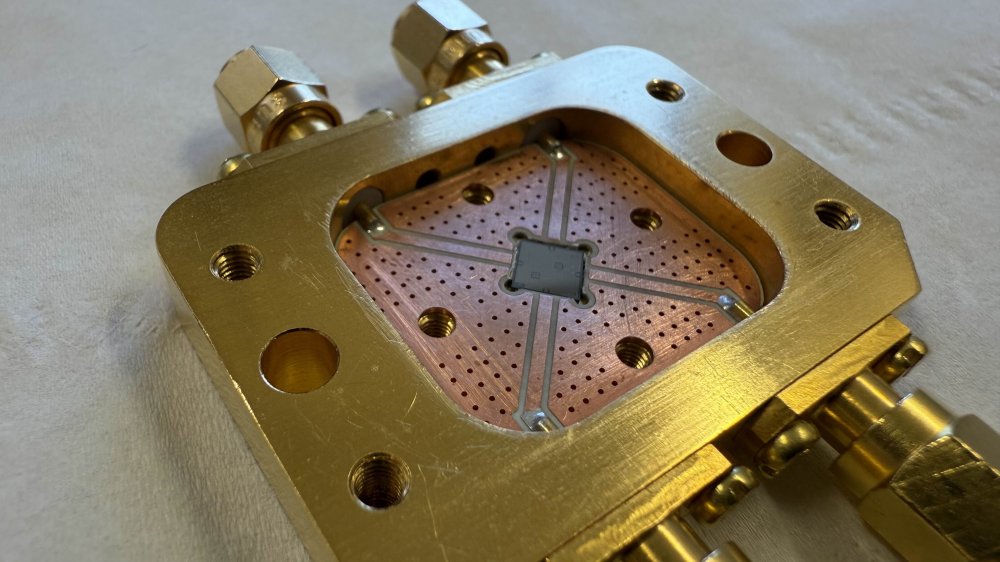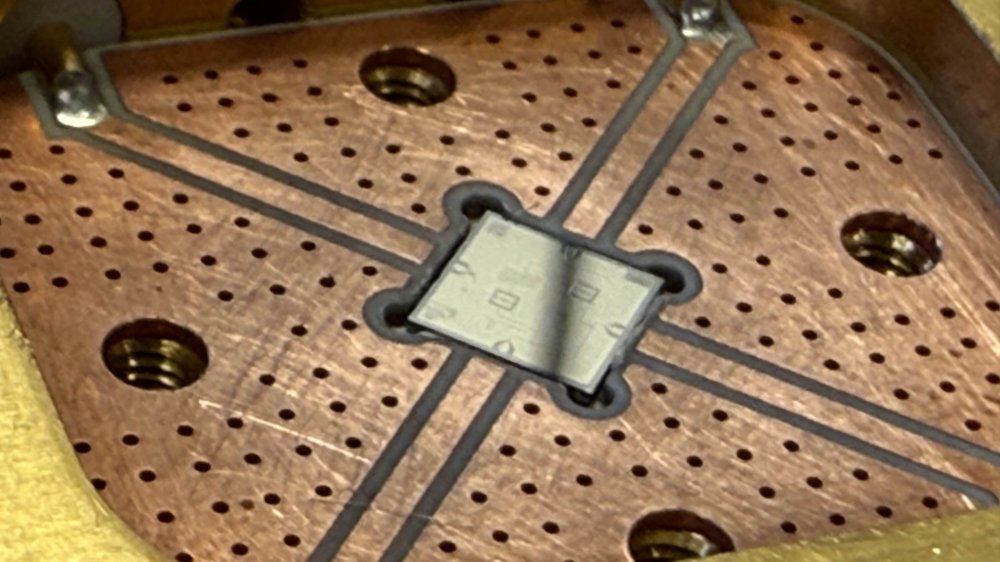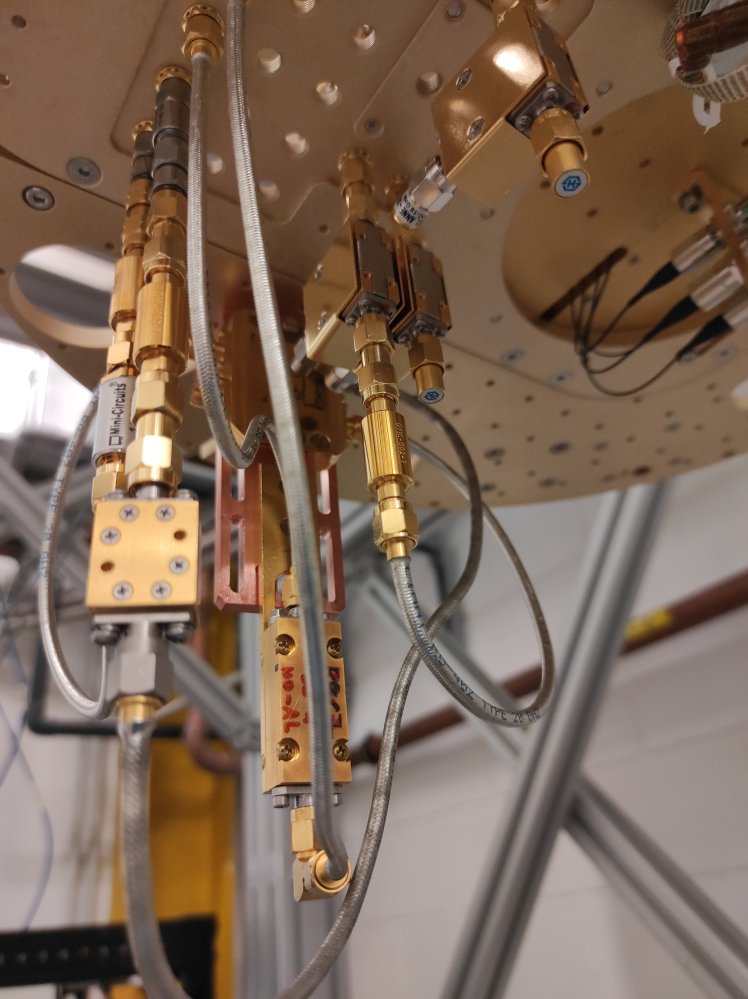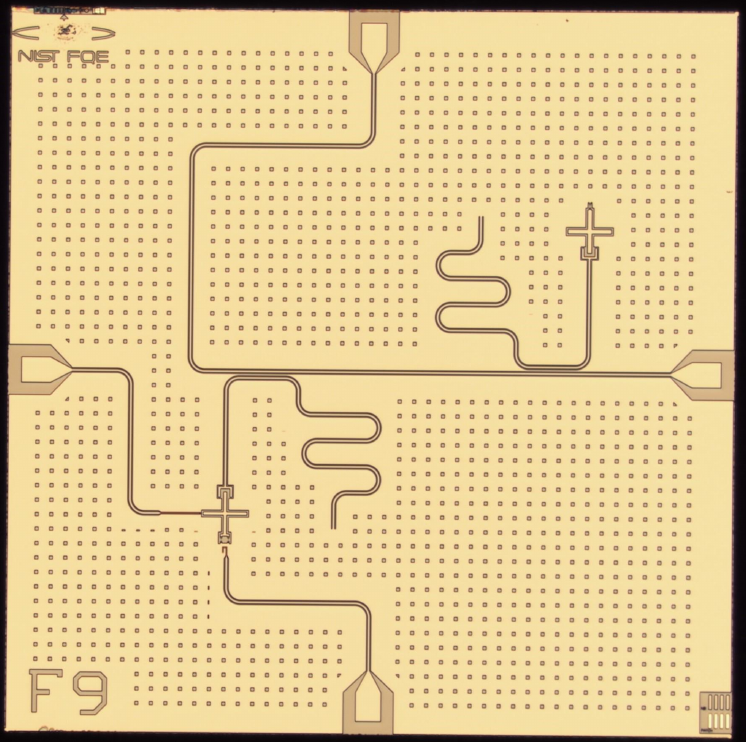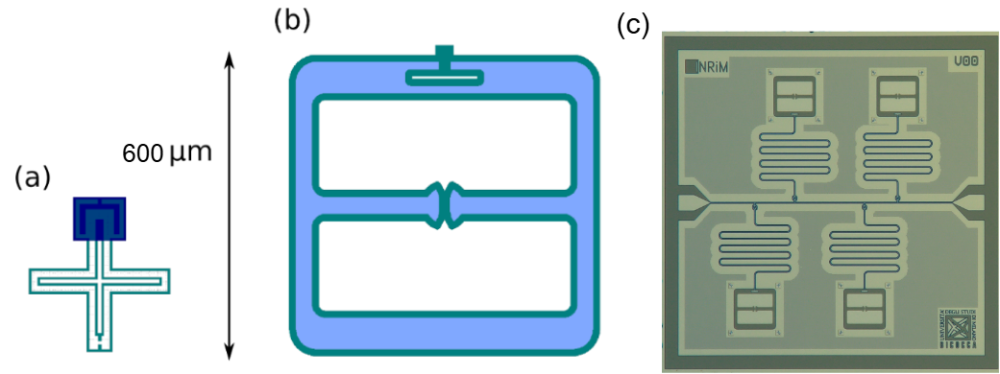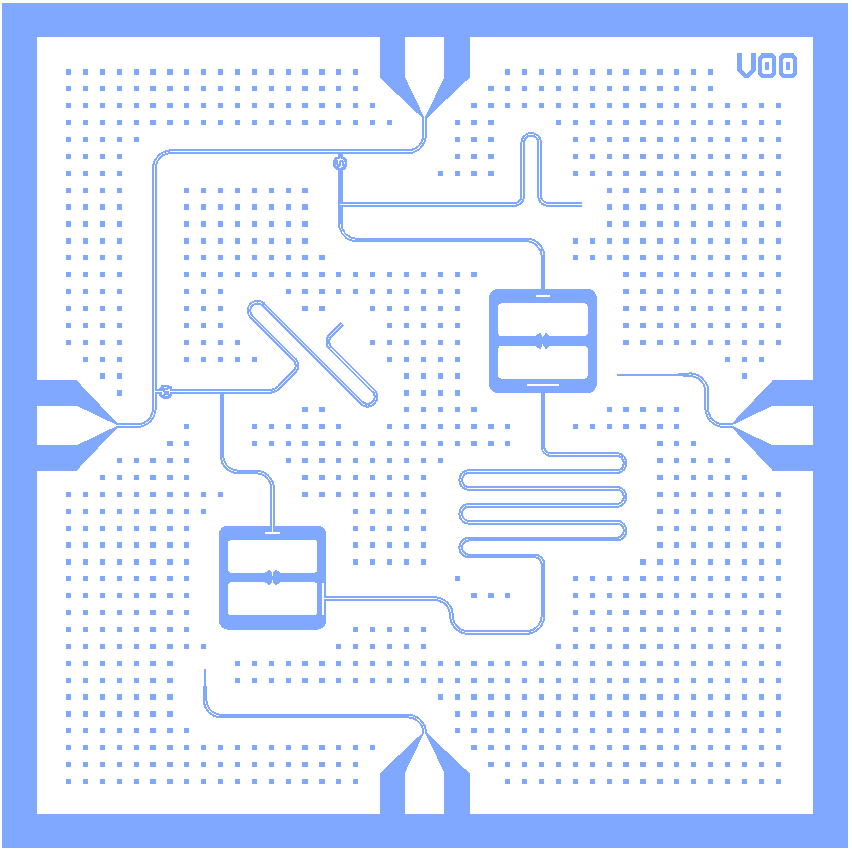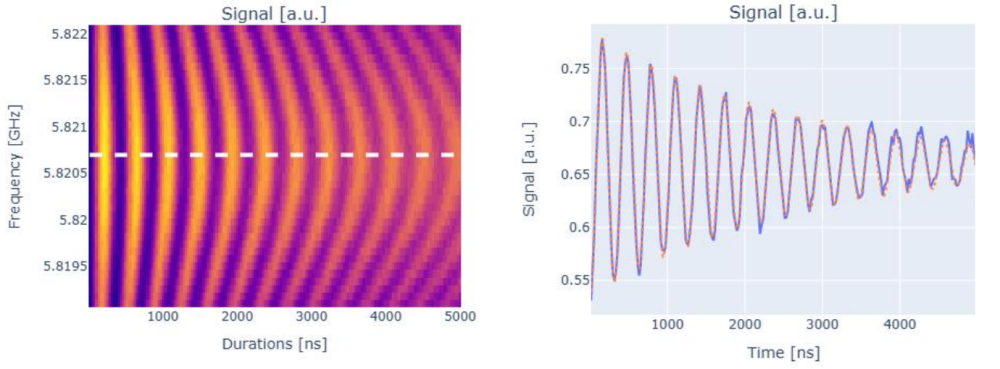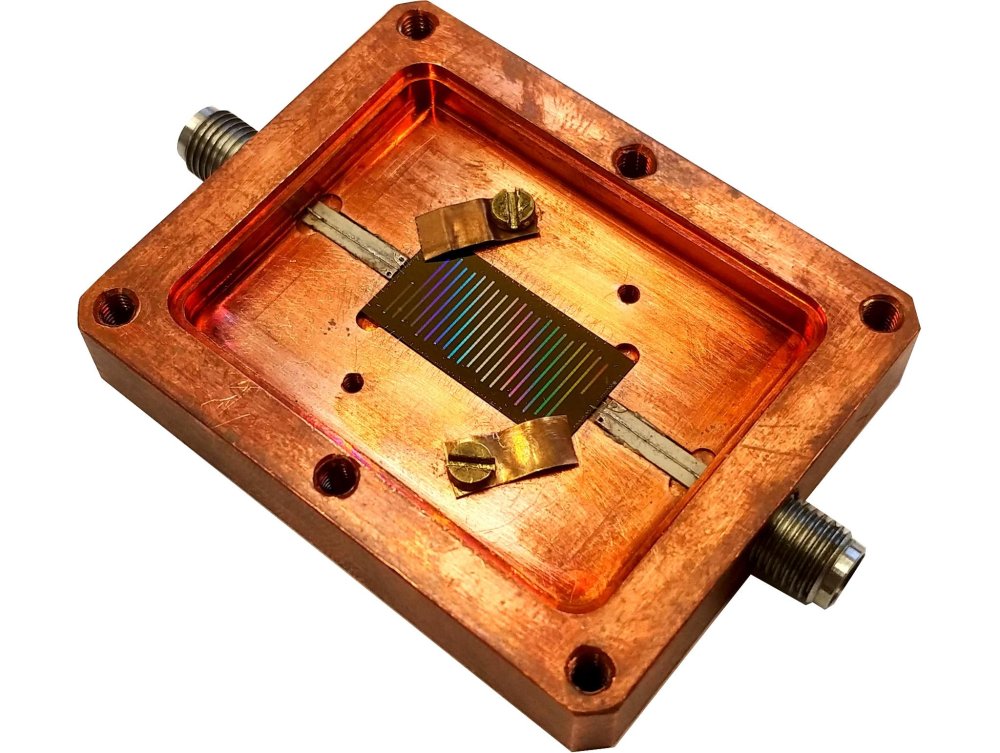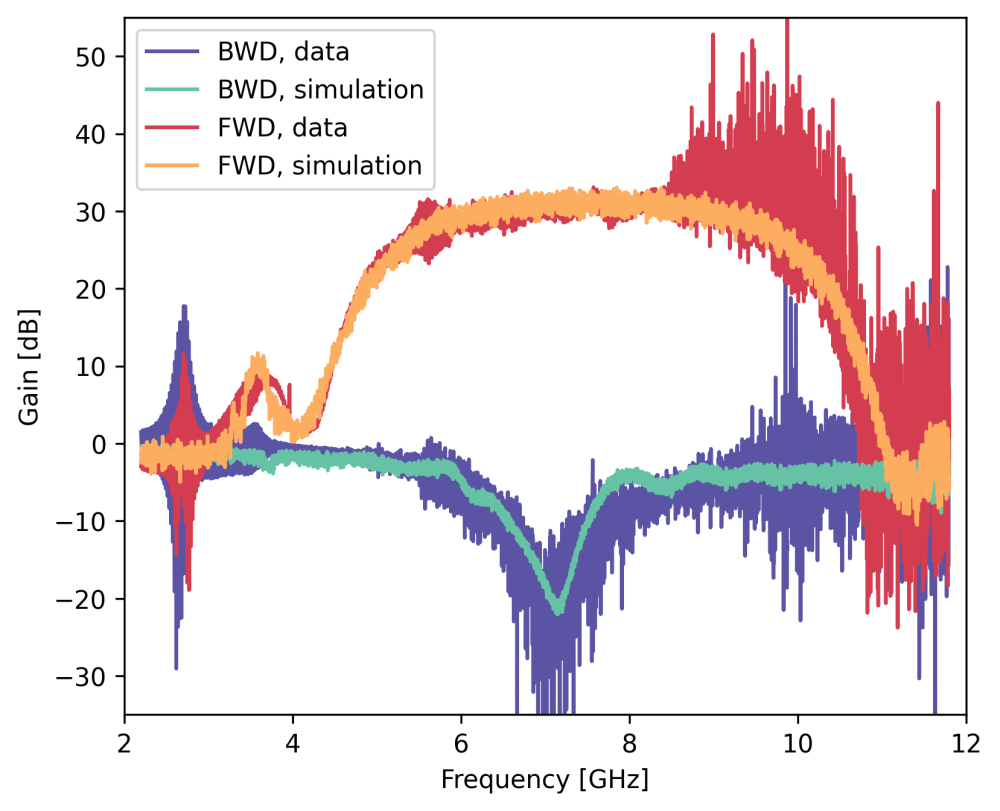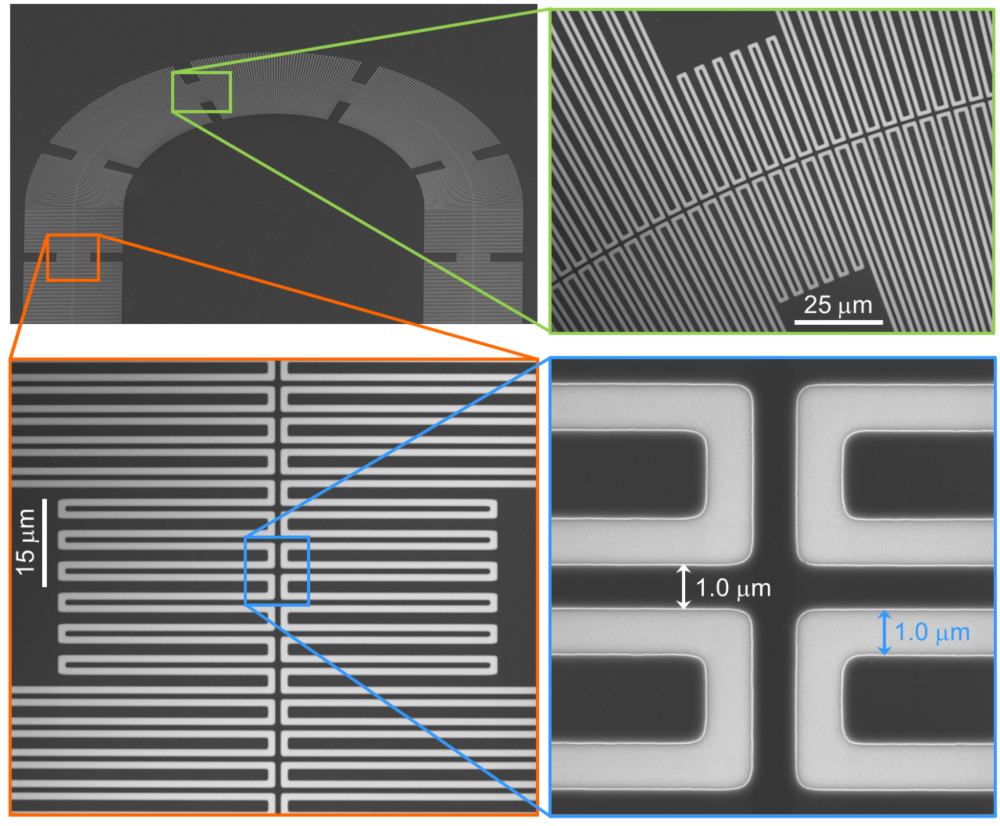Within Spoke 6, our group primarily works on the design and simulation of superconducting quantum devices, as well as their characterization at ultra-low temperatures using dilution refrigerators in the Cryogenics Laboratory—recently enhanced through NQSTI funding. The group also develops control electronics and firmware for quantum systems.
Integrated Superconducting Platforms
In partnership with INFN and FBK, the group is developing integrated platforms for quantum sensing, with applications including axion searches. Key developments include:
- Superconducting qubits coupled with planar or 3D resonators
- Traveling-Wave Parametric Amplifiers (TWPAs) for multiplexed qubit readout
- RFSoC-based FPGA systems for quantum state control and measurement
New collaborators from the Universities of Salerno and Milano, as well as INRIM, have joined us in NQSTI via Spoke 6 open calls.
The goal: to build superconducting quantum system prototypes at TRL 4, aligned with Spoke 7 objectives.
Cross-Platform Quantum Systems
The group is also engaged in hybrid system development, integrating photonic and superconducting platforms in collaboration with INFN, CNR, FBK, INRIM, and the University of Salerno.
Expected outcomes include:
- Prototypes for photon detection (microwave and NIR/UV) using photon-number-resolving superconducting detectors
- Generation of non-classical photonic states via TWPAs
In synergy with the Department's BiCoQ Excellence Project, the group also explores bulk-acoustic wave (BAW) mechanical resonators integration with superconducting systems, combining quantum sensing and metrology to surpass the standard quantum limit.
New Superconducting Materials
In collaboration with the Department of Materials Science, the group investigates novel superconducting materials for TWPAs and qubits to enhance performance and reliability.
Device Fabrication
For the superconducting quantum device fabrication our group collaborates with key partners such as:
- Fondazione Bruno Kessler (FBK), Trento
- National Institute of Metrological Research (INRIM), Torino
- National Institute of Standards and Technology (NIST), Boulder, Colorado (USA)
 As part of the NQSTI national program, the University of Milano-Bicocca leads Spoke 6 “Integration”, focused on the development of integrated quantum systems for quantum computing, simulation, and sensing.
As part of the NQSTI national program, the University of Milano-Bicocca leads Spoke 6 “Integration”, focused on the development of integrated quantum systems for quantum computing, simulation, and sensing. 